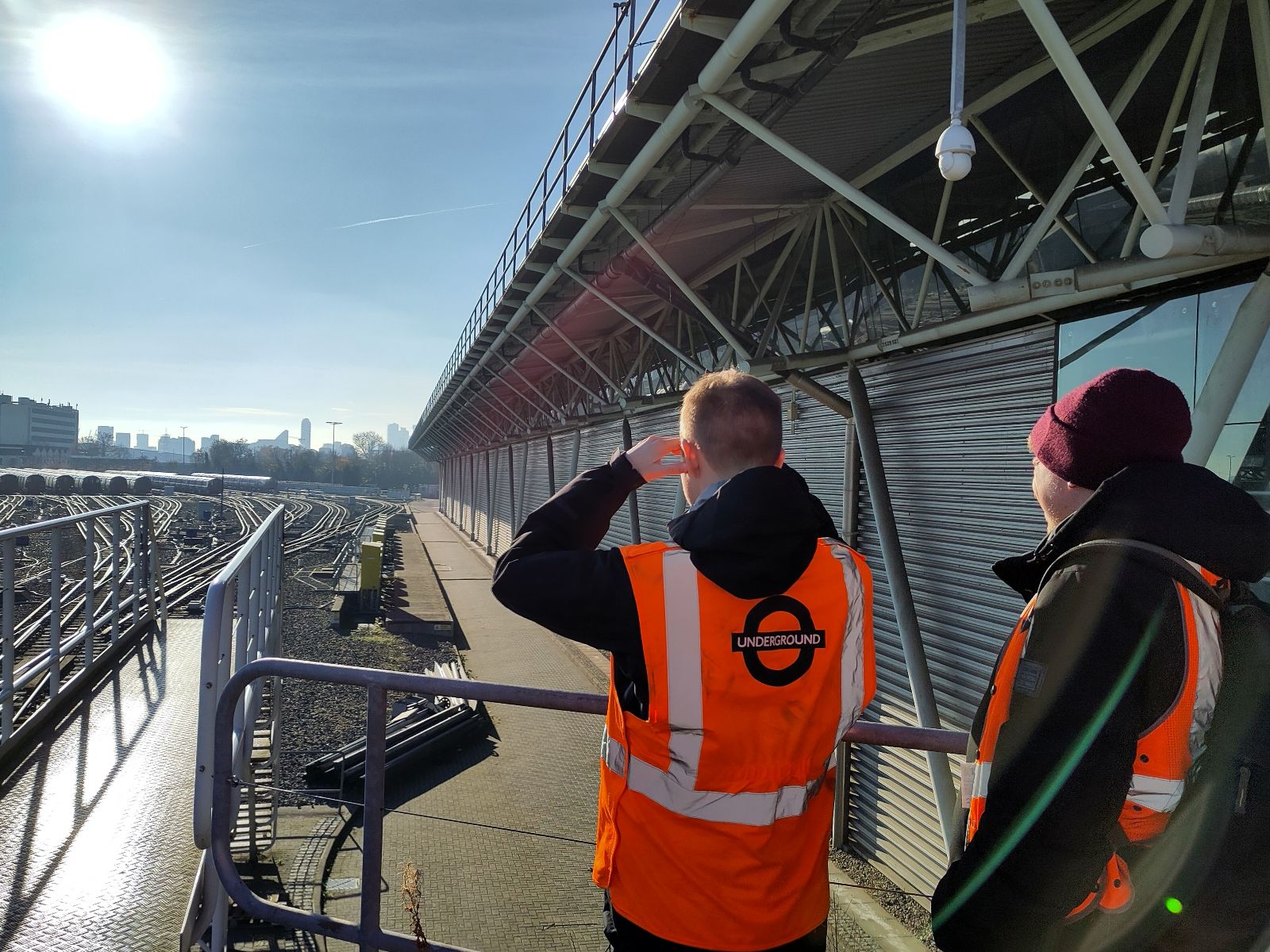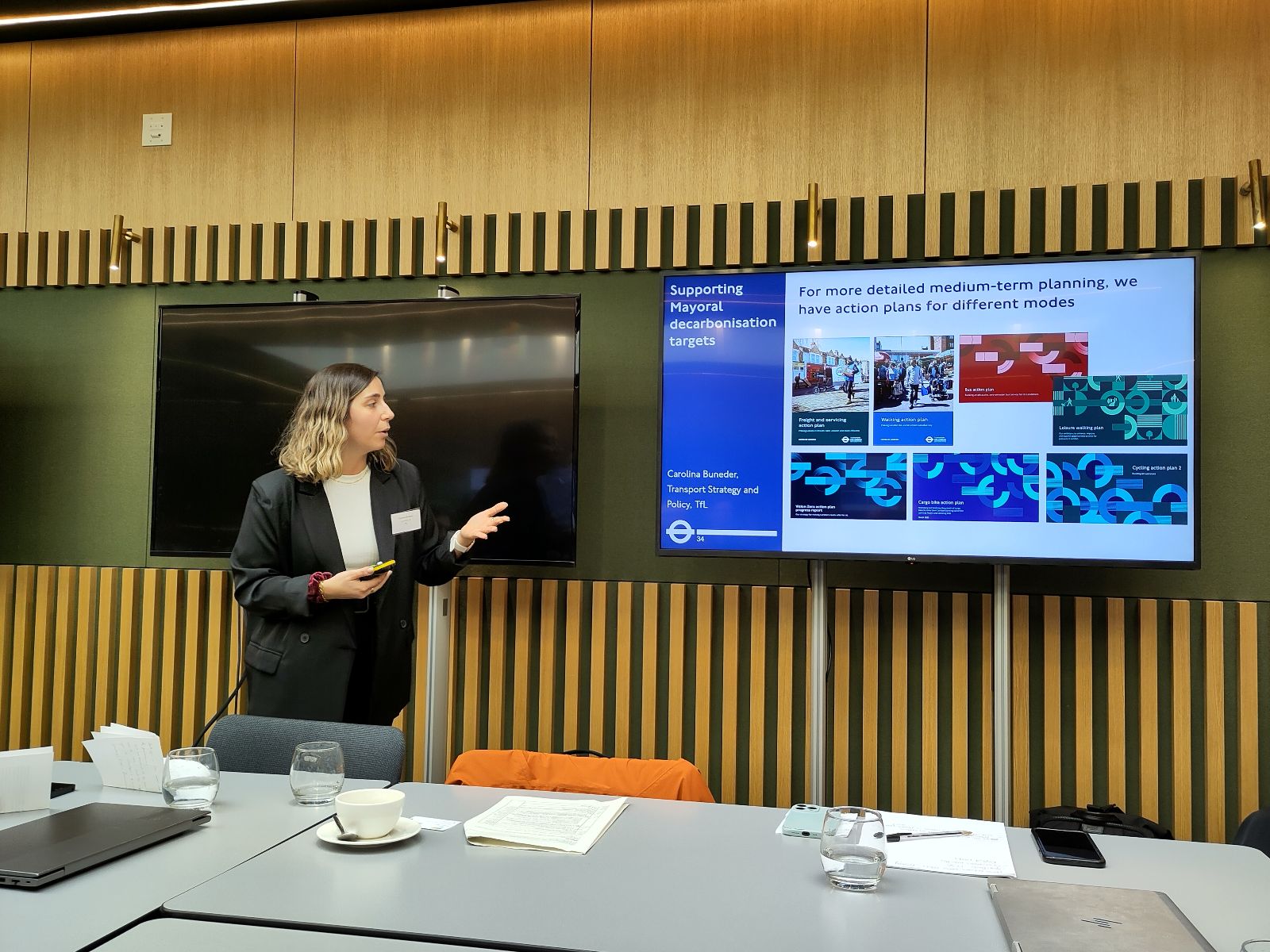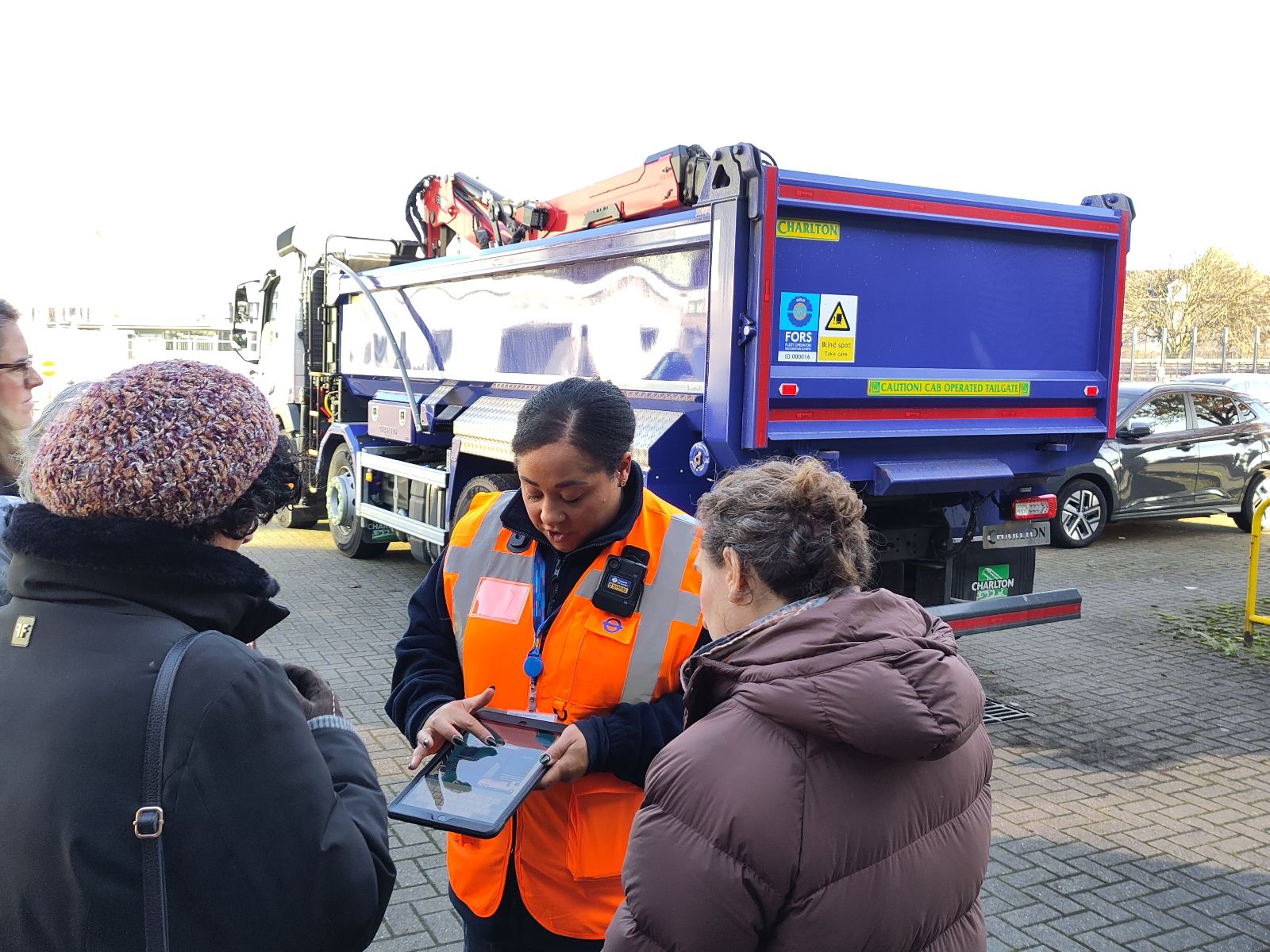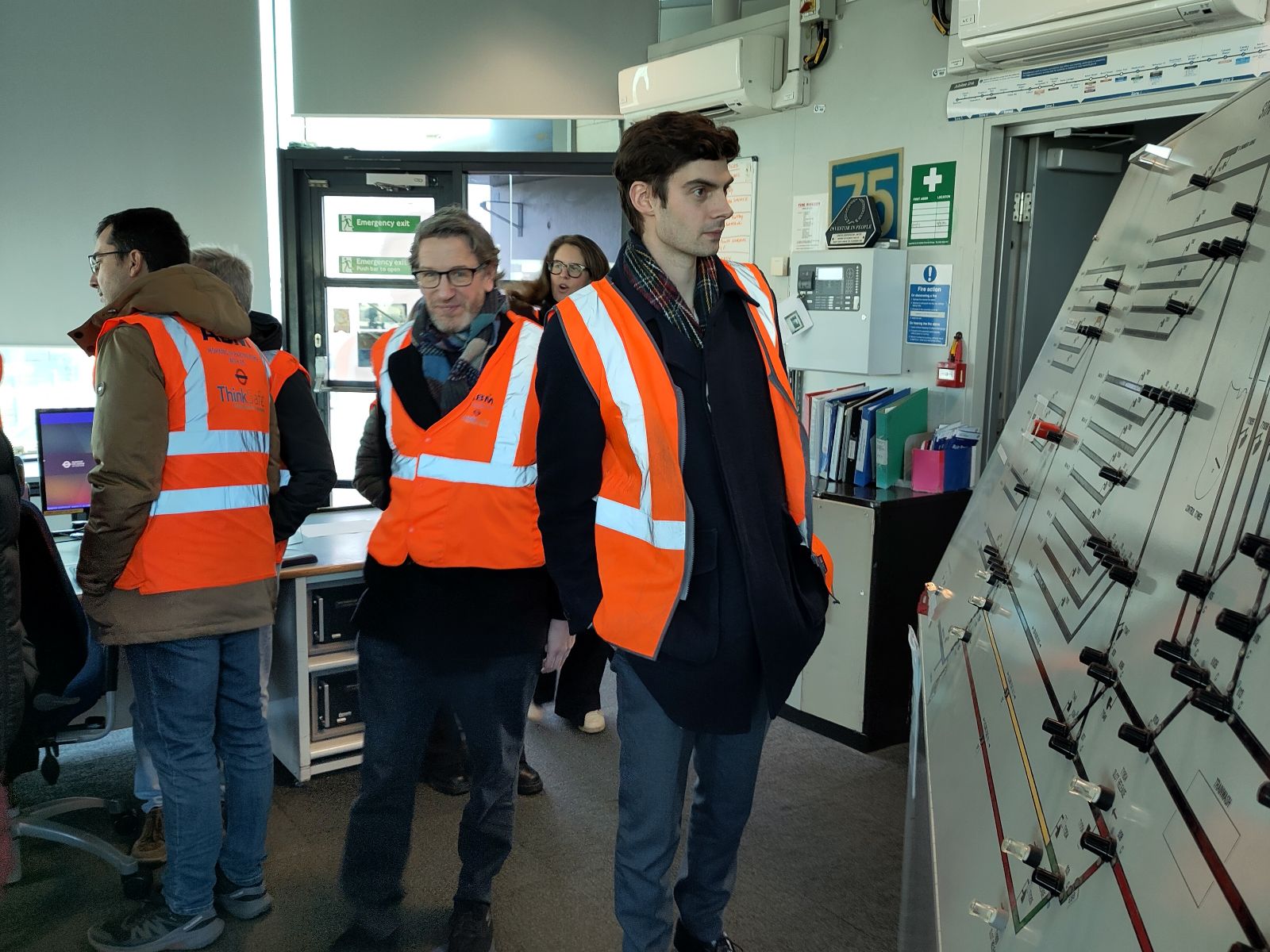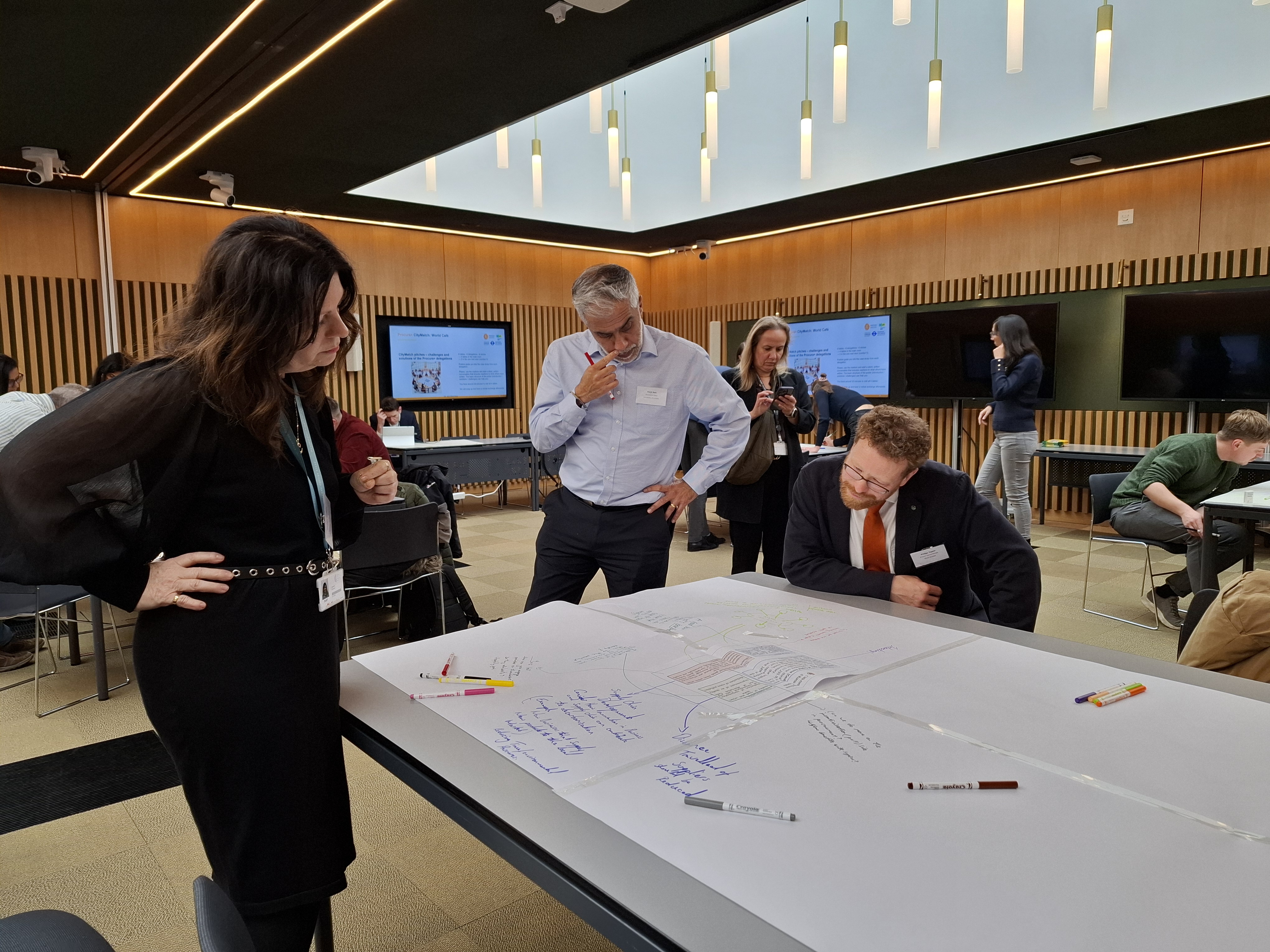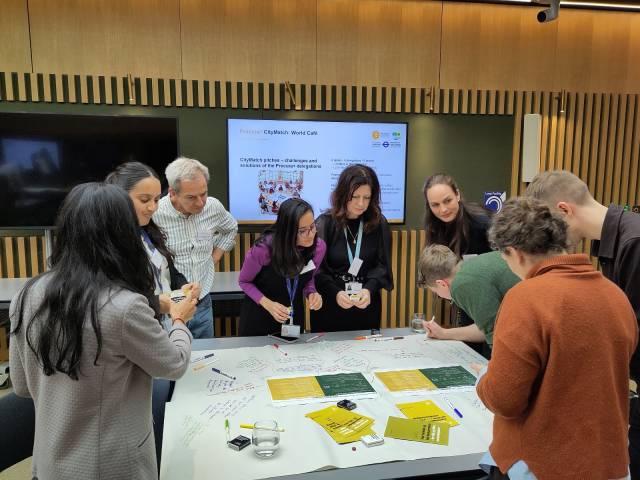WHY CityMatch?
We believe that peer to peer discussion between staff within public authority administrations
is one of the most effective mechanisms for knowledge transfer, capacity building and problem solving
CITY MATCH CO2 PERFORMANCE LADDER -25-27 JUNE 2025
As the global community faces escalating climate challenges, the need for effective and innovative mitigation strategies has become imperative. By leveraging the power of procurement, public authorities can demonstrate demand for greener goods, services and works and incentivise the market to commit to CO2 reduction. However, contracting authorities often lack reliable and user-friendly tools for identifying and purchasing solutions that meet environmental objectives.
The CO2 Performance Ladder is a robust green public procurement instrument that serves as both a comprehensive management system for suppliers and acts as an effective public policy tool for governments to inspire and recognise climate action. The tool works by certifying a company’s level of commitment to reducing emissions, with increased commitments resulting in a higher placement on the ladder. Contracting authorities may then offer an awards advantage to bids, based on the organisation’s level of certification. With over 5000 organisations already certified and over 300 contracting authorities using the tool in their tendering processes as a GPP instrument, the CO2 Performance Ladder continues to support the transition towards a low-carbon economy.
During this CityMatch Procura+ participants Rijkswaterstaat and the City of Haarlem teamed up with SKAO, the foundation behind the CO2 Performance Ladder to learn how the ladder was put in practice in two key projects:
- Rijkswaterstaat is responsible for all the highway infrastructure in the Netherlands. One of the largest Dutch infrastructure projects in recent years is the extension of the A9 motorway between Badhoevedorp and Holendrecht. A Spanish construction company won the €900 million tender, where Rijkswaterstaat used the CO2 Performance Ladder. Unlike most Dutch contractors’ Spanish contractor was not so familiar with the performance ladder which led to both challenges for and opportunities
- The Circular Raw Materials Hub Haarlem opened itsCircular Raw Materials Hub doors in the autumn of 2024. The hub is a central repository for reusable building materials from construction projects all over Haarlem, such as used paving stones, pavement tiles, wood and street furniture. Haarlem has been certified by the CO2 Performance Ladder since 2020 and the hub is a great example of the city's efforts to become more sustainable.
This Procura+ CityMatch was attended by Procura+ participants from the Government of Catalonia, LIPOR, Transport for London (as part of the Greater London Authority) and Northern Ireland's Strategic Investment Board.
CITY MATCH LONDON -27-29 NOVEMBER 2024
Facilitating Low Carbon and Socially Responsible Delivery Solutions via Sustainable Public Procurement
This Procura+ CityMatch aimed to understand and optimise the impact of public procurement activities on transport patterns in cities – and to find innovative and sustainable delivery solutions for goods and services, which can help to address these challenges. The Greater London Authority (GLA) Group, is committed to using strategic and sustainable public procurement to contribute sustainable delivery solutions that can also be role models for the private sector, in line with London’s 2030 Net Zero Target.
The impact public procurement has on transportation patterns in cities is far reaching. Almost every product or service we buy leads to vehicle trips within cities – from waste collection trucks to the delivery of office supplies; from bus services to road maintenance staff travelling to a work site. Strategic and sustainable public procurement can help deliver future-proof sustainable delivery solutions that can be role models for the private sector, too.
As the aim of the Procura+ CityMatch is to facilitate exchange between different public authorities, the event highlighted different perspectives from across Europe as Procura+ participants discussed. Stavanger (Norway) highlighted how it is using mandatory requirements, award criteria and technical specifications to promote low carbon delivery solutions; Aalborg (Denmark) presented the EU-funded MoLo Hubs project, which seeks to reduce urban traffic by initiating and implementing new and convenient logistics service offers at urban mobility hubs; Copenhagen (Denmark) focused on its green and social requirements for supplier vehicles; Metropolitan City of Rome (Italy) emphasised how its Sustainable Logistics Metropolitan Plan improves air quality and accessibility. Finally, Las Rozas de Madrid (Spain) explained how it is using the Local Green Deals to reduce the carbon footprint of service supplier.
Of course, the hosts also got the opportunity to highlight their work. Transport for London (TfL) showed how it is implementing green and social responsibility in its contracts. In accordance with the GLA Group Responsible Procurement Implementation Plan, from 1 July 2025, contracts that are over £1 million will be required to use zero emission vehicles for under 3.5 tonnes (N1 cars and M1 vans), while vehicles over 3.5 tonnes will need to be Low Emission Zone compliant. New contracts under £1 million will be subject to this requirement from 2027, and from 2025 will be asked to improve their environmental performance by showing efforts to achieve reduction of vehicle mileage and emissions. Finally, a study visit to Telent, a supplier of road and traffic services made clear how London’s demand for low emission vehicles encouraged them to transition to a greener fleet.
Tim Rudin, Head of Responsible Procurement at Greater London Authority/TfL, could look back at a succesful event: “it is great to have this knowledge and experience sharing with five European cities and regions. It was great to see how much we at TfL can learn from the delegates and our own suppliers.”
